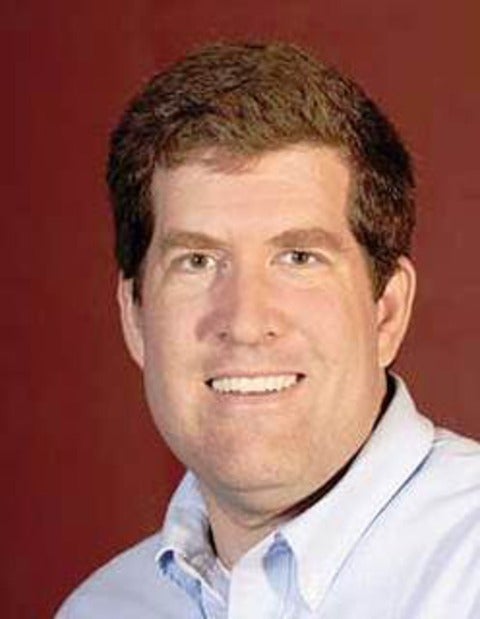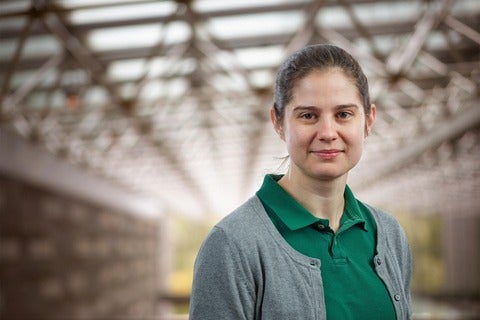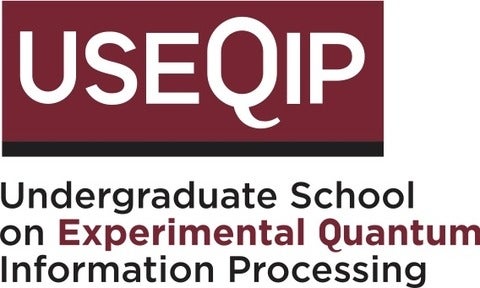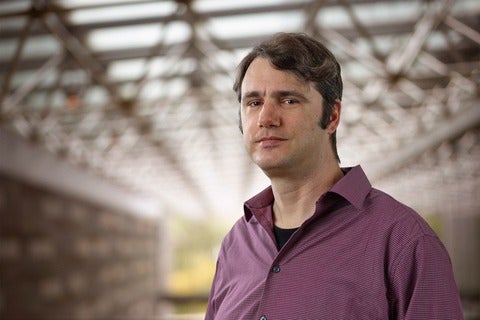Transformative Quantum Technologies (TQT) Lunch and Learn
Technology Investment and Mentorship
Researchers and early-stage companies may discover numerous investment options on their path to commercial success. While some mechanisms focus on a certain phase of technology development, others promise to fuel growth over a wide R,D&D spectrum, possibly independent of prior investment status. This panel covers a sampling of programs and investment strategies - from technology scouting to angel capital - for mobilizing intellectual property towards impactful deployment.
Panel:


 I give an overview of trapped ion quantum information experiments and discuss prospects for implementing multi-valued quantum logic using trapped ions.
I give an overview of trapped ion quantum information experiments and discuss prospects for implementing multi-valued quantum logic using trapped ions.

 Jon Yard, IQC
Jon Yard, IQC Surface acoustic waves (SAWs) are acoustic phonons that travel along the surface of a material and have been used for a wide variety of purposes, from RF filters to acoustic cavities to biosensors.
Surface acoustic waves (SAWs) are acoustic phonons that travel along the surface of a material and have been used for a wide variety of purposes, from RF filters to acoustic cavities to biosensors.